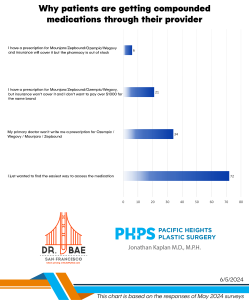 Psychologists from Basel University and Ruhr University, Bochum released the results of a long-term study that looked at the psychological impact of plastic surgery last month—and the news was good. According to the study’s authors, Prof. Dr. Jürgen Margraf and Alexander von Humboldt, the approximately 550 patients who participated reported overall increases in self-confidence, fulfillment, and general happiness after undergoing cosmetic plastic surgery.
Psychologists from Basel University and Ruhr University, Bochum released the results of a long-term study that looked at the psychological impact of plastic surgery last month—and the news was good. According to the study’s authors, Prof. Dr. Jürgen Margraf and Alexander von Humboldt, the approximately 550 patients who participated reported overall increases in self-confidence, fulfillment, and general happiness after undergoing cosmetic plastic surgery.
Margraf and Humboldt measured patients’ state of mind prior to and after their surgeries using a “Goal Attainment Scaling” instrument—a series of open questions and standard goals patients were asked to respond to. Of the standard goals offered in the questionnaire about patients expectations post-surgery, the only two that were clearly unrealistic—“All my problems will be solved” and “I’ll be a completely new person”—were specified by only 12 percent of the patients. In general, the patients gave realistic answers to the open questions posed about what they wanted to achieve with cosmetic surgery; sample answers included statements about wanting to “feel better,” “eliminate blemishes,” and “develop more self-confidence.”
When patients were tested in the three, six, and twelve months following their procedures, most participants said they were satisfied with their results and that their expectations had been met. Compared to other subjects interviewed by Margraf and Humboldt who chose not to undergo plastic surgery, patients involved in the study reported feeling less anxious and more healthy and attractive.
This study, of course, is merely confirmation of what I’ve experienced firsthand in my own practice: cosmetic surgery really can improve patients’ self-esteem and sense of well-being. It may not be for everyone; but if you think it might be for you, you should set up a consultation and explore your options!




